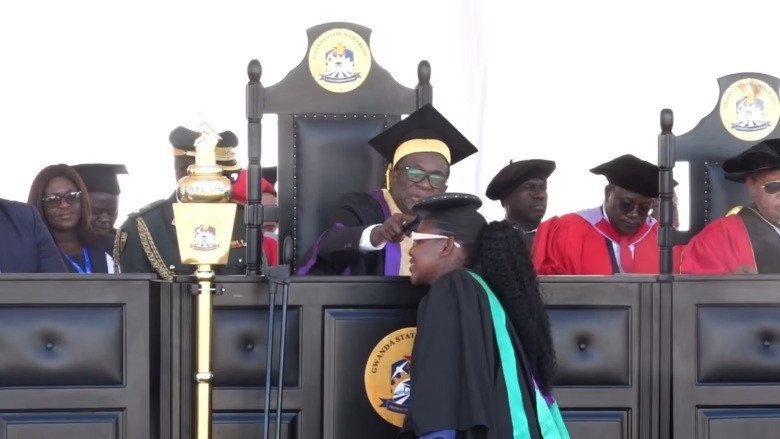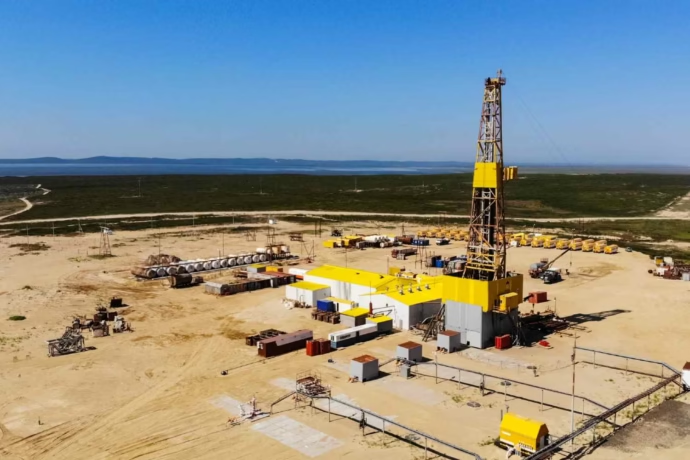
THE Government has pledged to continue working with rural communities to enhance food security at a household level, with the Presidential Borehole Sinking Scheme and Pfumvudza Intwasa programmes among the initiatives meant to achieve that goal.
With the majority of the country’s population living in rural areas, the government has put in place several initiatives to augment food security in various communities.
The Presidential boreholes sinking programme is one of the projects that has been put in place to provide rural communities with drinking water while also ensuring they have thriving nutrition gardens and fishponds.
Mt Darwin district is one such area with 68 boreholes having been sunk in 65 villages as confirmed by the Minister of Lands, Agriculture, Fisheries, Water and Rural Development, Dr Anxious Masuka.
“The President put in place the rural 8.0 development plan and it includes borehole drilling, we are currently drilling and equipping the boreholes because water becomes an economic enabler for the villagers and we have brought in all the agriculture parastatals to work together,” said the minister.
For the villagers, who are all too familiar with high temperatures and unreliable rainfall patterns, the boreholes are a source of hope as they no longer rely on rain-fed farming.
“Water has been a problem for us and we had wells that we dug ourselves but they were not as efficient as it was hard labour to get the water. We are grateful that now we have these boreholes that have been drilled in our village,” they said.
Villagers under Headman Chigango are putting in all the work to ensure they fully utilise the water and land to produce enough to feed their families.
Failure to provide for families often creates strife within households hence this young housewife takes her job at the community garden seriously, fully aware that it is a source of living.
“You know when there is no food in the home people fight. I am happy that we can now get to work and provide for our families,” she said.
Apart from ensuring that each village has a borehole, the government has also set out to ensure each household receives livestock to ensure all their needs are catered for.
Minister Masuka explained that the food security issue goes beyond water provision and includes equipping each household with skills on how to treat farming as a business.
“Food security at the household level requires a multi-dimensional approach,” he said.
“We have put in a cocktail of measures which include Pfumvudza as 65 percent of our population is here in the rural areas and that is why we need to capacitate them.
“They do not have to follow development to the urban areas, we are bringing the development on their doorsteps in line with Vision 2030. Where they had one donkey, they should have four, where they had two goats they should have five.”
As many households in the rural areas become fully capacitated to fend for themselves, the country is assured of food security soon.
This comes at a time when President Emmerson Mnangagwa has stressed that Zimbabwe can no longer continue to be referred to as a food secure and one village at a time, the vision is being implemented.
ZBC
Positive Eye




